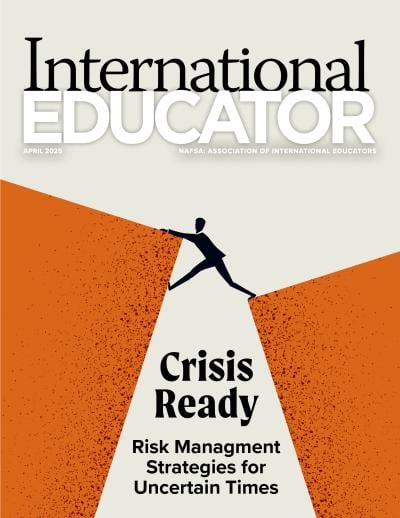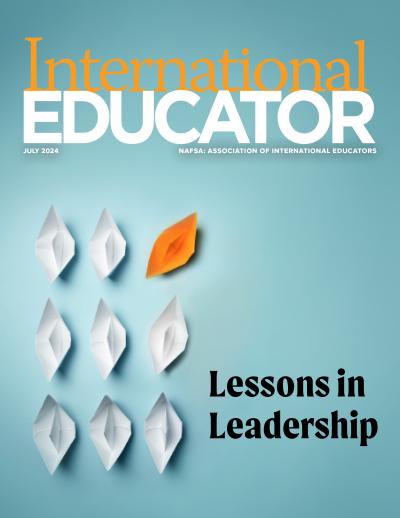Educating International Students About Academic Misconduct
Cheating scandals at universities across the United States often grab national headlines. And when they involve international students, these stories become even more sensational. One of the most recent cases gaining media attention involves the University of Iowa, where administrators are investigating 30 or more international students who have been accused of academic misconduct in online courses. The students are accused of hiring proxies to take exams for them.
Typical?
A Wall Street Journal report published in June 2016 found that “Public universities in the U.S. recorded 5.1 reports of alleged cheating for every 100 international students, versus one report per 100 domestic students.” The Journal’s analysis was based on data from 14 large public universities in the United States for the 2014–15 academic year. That’s not to say domestic students aren’t prone to cheating as well. The same article cited statistics from Clemson University’s Center for Academic Integrity indicate that 60 percent of all college students admit to cheating. Numerous other studies validate that finding, showing that anywhere from 30 percent to more than 90 percent of all college students engage in academic dishonesty.
For many international students, however, adapting to a new culture and an unfamiliar educational system can be overwhelming. That can make them vulnerable to engaging in academic misconduct—sometimes intentionally, and many times unknowingly.
“It is important to understand that academic values and standards differ greatly around the world,” says David Di Maria, associate provost of Montana State University’s Office of International Programs. “Some educational systems are very similar











